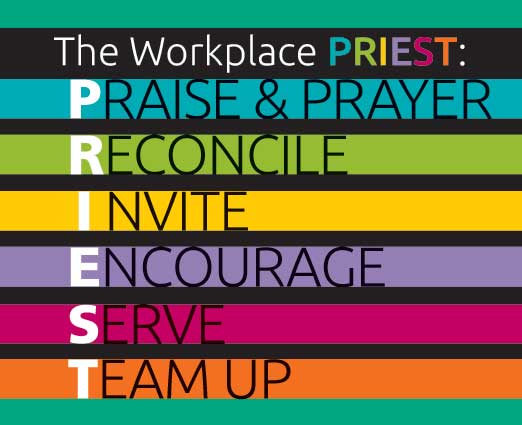Pursuing Partnership: 5 Needed Conversations

Conversation #4: Boundaries

By Dr Rob Dixon drrobdixon.com
Together in Ministry: Women and Men in Flourishing Partnerships, IVP
This article is part of the series Pursuing Partnership: Men and Women in Ministry.
This is part 5 of a six-part series of articles that lay out crucial conversations that communities can have in pursuit of a ministry workplace marked by thriving partnerships between women and men. The five conversations include story, theology, culture, boundaries, and representation.
A fourth conversation that communities should consider as they work toward flourishing mixed-gender ministry partnerships is about boundaries.
For a long time, the default setting regarding boundaries in the context of mixed-gender ministry partnerships has been the Billy Graham Rule. Due to some of the potential pitfalls involved in his early ministry, Billy Graham made the decision that he would never be alone with a woman that wasn’t his wife. Following Graham’s example, for more than 60 years pastors and leaders around the world have adopted this practice as normative.
There are two primary problems with the Billy Graham Rule. First, it has never fully solved the problem it was designed to solve. As we know all too well from #metoo and #churchtoo, issues of brokenness persist, even in our faith communities.
Secondly, a blanket embrace of the Billy Graham Rule has brought with it several unintended consequences that tend to marginalize women in the context of our communities. In one of my research interviews, a woman told me the story of a time when a male colleague refused to drive alone in a car with her to a conference. For this woman, his decision marginalized her in two ways. For one thing, it communicated to her that she was some kind of threat to him and his marriage. For another, she pointed out that not being in the car for all of the critical conversations to and from the conference deprived her of her agency.
If not the Billy Graham Rule, then what? In my research process, a viable alternative to the Billy Graham Rule emerged, and that is the concept of contextualized boundaries. As they work together in ministry partnership, women and men have a conversation about the best set of boundaries for their particular partnership, a conversation that takes into account their own journeys as well as the organizational context in which their partnership is situated. They discern the proper boundaries and then they move forward with integrity and accountability.
To be sure, a conversation about contextualized boundaries may well be awkward. After all, most of us aren’t used to conversations like this! But the only way to normalize such a conversation is to push through the awkwardness. In other words, it will be awkward…until it’s not!
One more thing to add as communities create conversations about boundaries, and that is reflection on what it could mean for us to be brothers and sisters in Christ. After all, that’s precisely what the Bible calls us. If our faith communities became serious about embracing and living out the paradigm of sacred siblings, what might God do? In her book Beyond Awkward Side Hugs, Bronwyn Lea puts it this way: “Scripture gives us a multitude of role models and a richness of language to express love in community in appropriate ways. In God’s family we get to live as brothers and sisters–intimate and close as men and women–without it being weird.” May it be so among us!
Register now for the full MissioNexus ‘24’ Workshop on “Pursuing Partnership,” March 21-22, in Kansas City hosted at Avant Ministries.
This article is submitted by Wendy Wilson of Missio Nexus and of Women’s Development Track. Women’s Development Track is a Missio Nexus member. Member organizations can provide content to the Missio Nexus website. See how by clicking here.






Responses